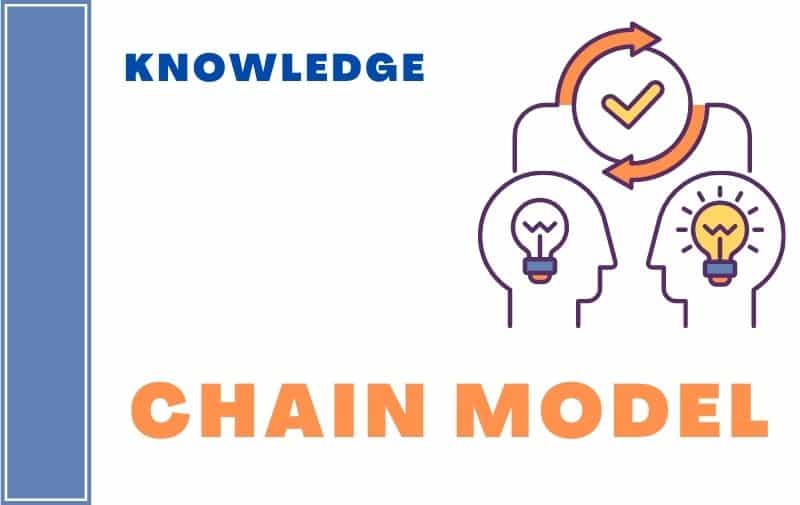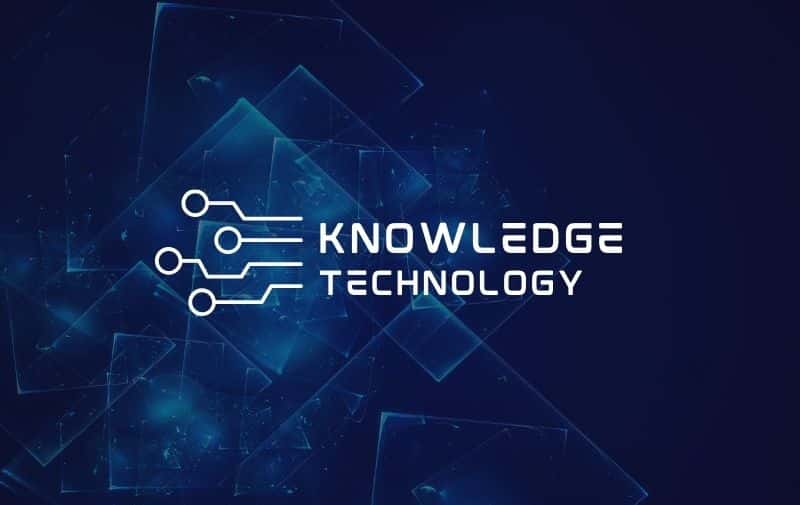What Does Business Knowledge Mean?
Business knowledge (BK) covers the set of information, skills, and comprehension necessary for business success. This knowledge encompasses both theoretical understandings and practical experiences gathered from avenues such as formal business education or industry certifications, and hands-on involvement in everyday business operations.
The spectrum of BK embodies a diverse range of topics linked to business prosperity. These include marketing, finance, accounting, human resources, business strategies, production methodologies and processes, amongst others. Additionally, the concept encompasses elements of organizational culture and leadership.
Grasping and integrating theoretical business concepts with genuine on-the-ground experience enables individuals to make informed verdicts regarding their organization’s destiny. This knowledge plays a pivotal role in the pursuit of success by fostering quality and enhancing productivity.
Indeed, harnessing knowledge can optimize productivity and quality by enabling businesses to decode their surrounding environment and its limitations. Learning from past errors paves the way to attaining new benchmarks and obtaining superior results over time. Hence, the retention and storage of knowledge become critical for sustaining and enhancing global success.
Beyond the theoretical considerations, there are legal aspects that must be given due weight when making business decisions. Laws, regulations, and business policies can greatly influence the modus operandi of businesses. Thus, business leaders must develop a good understanding of their industry’s legal scaffoldings to ensure ongoing compliance with the relevant laws.
Possessing business knowledge is absolutely crucial in today’s time for succeeding in business. Business leaders should be cognizant of the myriad of industries that can be affected by their decisions, in addition to understanding the legal and ethical implications associated with their leadership role.
Individuals equipped with BK are better positioned to make well-informed business decisions and secure long-term success. By keeping themselves updated with the latest in business news and trends, business leaders can ensure their organizations stay competitive and profitable in the ever-evolving contemporary business landscape.
What Are The Best Ways to Effectively Store Business Knowledge?
Knowing for sure is the key to success, but how can a business effectively store it?
Firstly, business leaders should consider creating a knowledge management system (KMS) to store business data and information. A KMS will help you keep the information up-to-date and organized so that it can be easily accessed when needed.
In addition to utilizing a KMS, managers should ensure that their employees have access to the right resources and training materials they need to learn and acquire the right set of skills.
Employees should also be encouraged to share their experiences through team meetings or peer-to-peer mentoring opportunities. This ensures that everyone has the same understanding of business strategies and operations within the organization.
Finally, business leaders should strive for openness when it comes to sharing business knowledge. They should create an environment where employees feel comfortable sharing their skills and learning with others in the organization. This will ensure that information is shared across the entire organization, allowing everyone to benefit from this valuable asset.
By taking these steps, businesses can effectively store and ensure the accessibility, usability, and transferability of their knowledge!
What is a Knowledge Chain Model?
A Knowledge Chain Model (KCM) is an approach that aims to create an ecosystem where information is shared, stored, and preserved. It is based on the concept of knowledge chains, which are composed of nodes that are interconnected with one another.
The KCM focuses on the flow of business information through an organization from its source to its target audiences. This model helps companies break down their knowledge into more manageable pieces, making it easier to be shared and understood by all stakeholders.
In this model, information flows from experts who provide expertise and experience in various areas such as industry certifications, day-to-day business operations, etc. This information is then filtered and adapted for different groups within an organization according to the needs of the business at any given time.
The knowledge chain model also helps business leaders to easily track and analyze information relating to the knowledge resources available within the organization. This knowledge management system ensures that business knowledge is not only shared but also stored and preserved for future use.
By leveraging the knowledge chain model, businesses can ensure that their knowledge base remains up-to-date and easily accessible to all stakeholders. It is an invaluable tool for any business looking to stay competitive in today’s knowledge-driven economy!
Knowledge Technologies
Knowledge technology is a broad term that covers a wide range of knowledge-based technologies and services. Examples of knowledge technologies include artificial intelligence (AI), natural language processing (NLP), knowledge management systems (KMS), data analytics, machine learning, and more.
These technologies can be used to manage, store and transfer information optimally.
- AI: Artificial intelligence is a technology used to develop computer systems that can think and act like humans. AI technologies are often used in knowledge management systems to analyze data, recognize patterns and make predictions.
- NLP: Natural language processing (NLP) enables computers to understand the meaning of human speech. It is used in knowledge management systems to analyze and interpret the text in order to extract knowledge from it.
- KMS: Knowledge management systems are used to store, manage and organize knowledge resources within an organization. They enable companies to access knowledge quickly, develop innovative ideas and share knowledge with others within the company.
- Data Analytics: Data analytics is a technology used to analyze large sets of data in order to identify patterns and trends. It can be used in knowledge management systems to gain insights into customer behavior or the performance of different business processes.
- Machine Learning: Machine learning is a type of artificial intelligence that enables computers to learn from data without being explicitly programmed. It is often used in knowledge management systems for predictive analytics or automated decision-making.
How to Stimulate Business Knowledge?
To stimulate knowledge, it is important to encourage the sharing of ideas and experiences amongst employees. This can be done through activities such as workshops, seminars, or other collaborative projects. These activities should focus on developing problem-solving skills as well as providing a platform for dialogue and professional growth.
When it comes to using technology to support knowledge-sharing efforts, tools such as wikis, knowledge management systems, and social networks can be very helpful. These tools enable employees to collaborate on projects and store relevant data in an easily accessible format. They also help organizations keep up with the latest industry trends by tracking new developments and providing a platform for ongoing learning and skill development.
Finally, it is important to recognize employee contributions and celebrate successes. When employees are rewarded for their hard work and achievements, they are more likely to continue learning and pushing the boundaries of their knowledge. This can result in greater innovation, creativity, and efficiency within the organization.
Relation between Knowledge and Innovation
The relationship between knowledge and innovation is a two-way street. Business knowledge is essential for innovation, as it provides employees with the information they need to develop new ideas and solutions. Conversely, innovation fuels further growth in business knowledge as organizations use their newfound capabilities and insights to explore new possibilities. By encouraging a culture of continuous learning and development, businesses can create an environment where innovation happens at a rapid pace.
In conclusion, businesses need to recognize the importance of growing their knowledge base, while also investing in tools and practices which can help stimulate creative thinking. By combining these two elements, businesses can ensure that they stay competitive in the long run.
Conclusion
In conclusion, knowledge management systems are essential for businesses looking to succeed in the modern world. By utilizing NLP, data analytics, machine learning, and other tools, knowledge management systems can help store, organize, and share information quickly and effectively.
Furthermore, businesses should create an environment of collaboration by encouraging employees to share ideas and experiences while also recognizing their achievements.
Finally, knowledge and innovation are closely linked; one fuels the other in a mutually beneficial relationship that can be harnessed for success.
With all these elements combined, businesses can ensure that they remain competitive in the long run.












